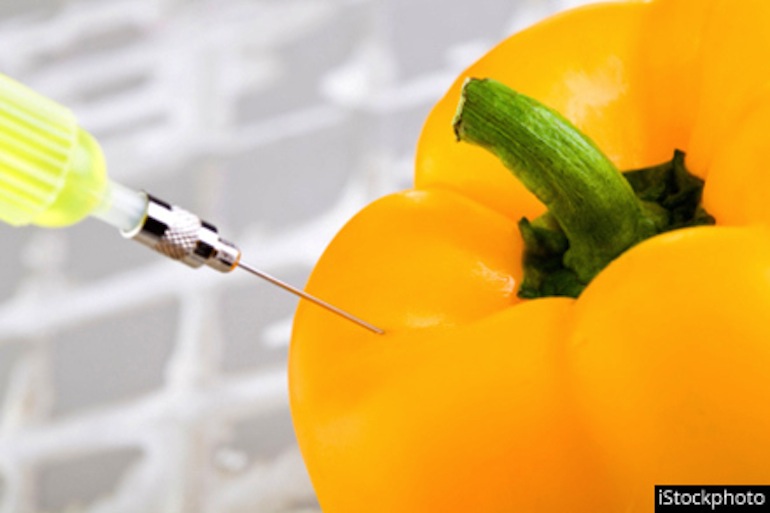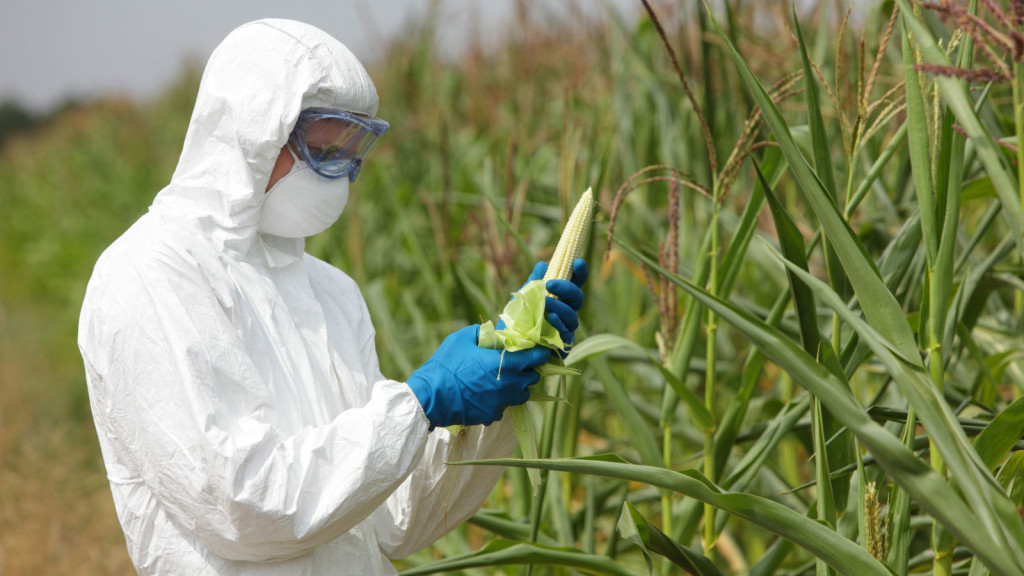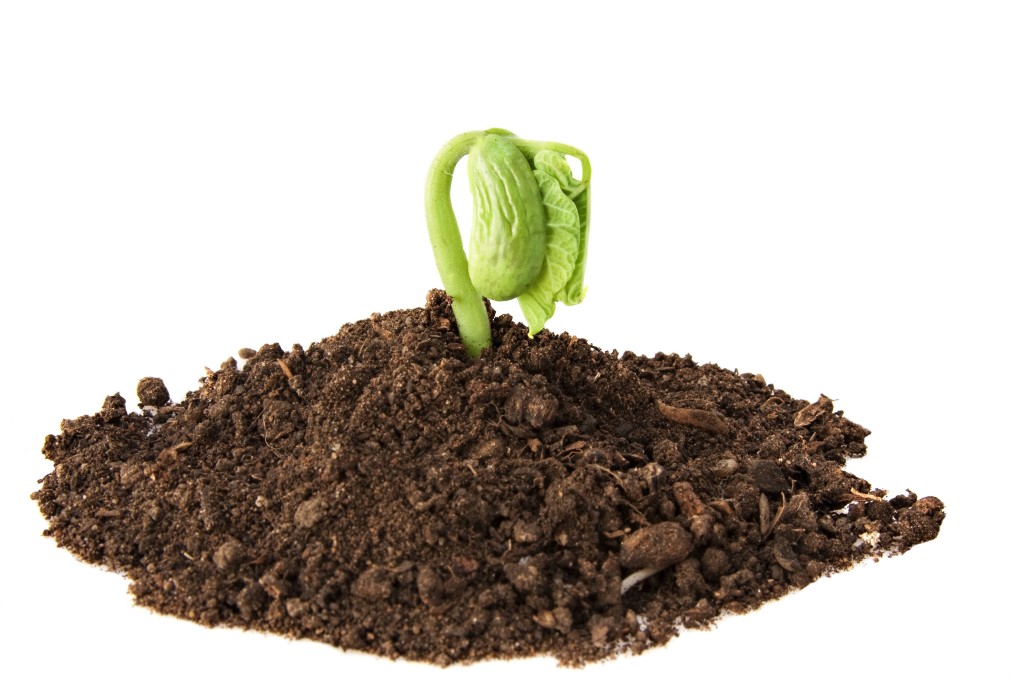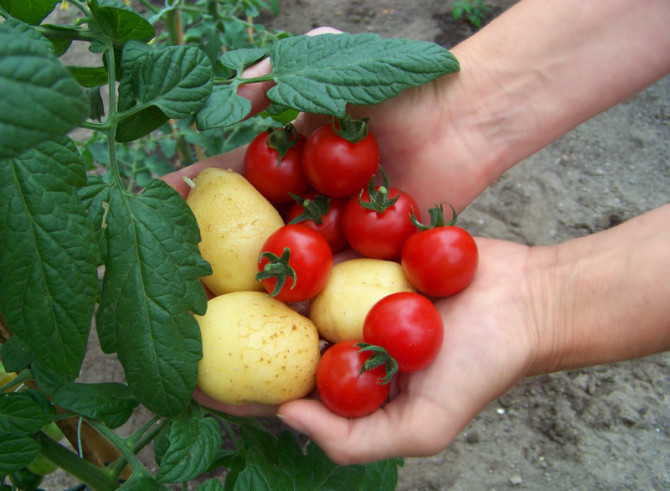Vandana Shiva is a woman surrounded by controversy. On one hand, she’s an environmental activist who has authored more than 20 books and spoken extensively against GMOs. On the other, she’s been called a histrionic who falsely presents and exaggerates the truth.
However, I had the opportunity to form some opinions for myself because Vandana spoke at Guelph’s very own War Mem this past October . I didn’t know what to expect, hell, even Forbes didn’t know. Is she the seventh most influential feminist or a poor advocate for the poor? So, ladies and gentleman, be aware.
1. GMO seeds are unsustainable

Photo by Huffington Post
GMO’s require the use of large amounts of herbicides and herbicides are designed to kill things. Things can become resistant to herbicides which result in even more herbicides used. We are wasting money through the production of herbicides and disturbing our future through the destruction of the environment.
2. The current agriculture model is corrupted

Corporations sell GMO seeds to farmers along with large amounts of pesticides. Sometimes crops fail from drought (a problem connected to large scale monoculture) and farmers are forced to buy more seeds and more pesticides. Those who produces GMO seeds also produces the co-pesticide and ultimately benefits from the income of both.
3. Seed freedom

Photo Courtesy of countrystore.net
The genetic information of a seed belongs to itself, therefore no human or corporation should own the right to distribute seeds for profit through the use of patents.
Monsanto says that they patent many of their GMO seeds to ensure that they are paid for their product. Fair enough. But where is the line? How long should patents last? And of course, how can the government enforce strict guidelines for safety and regulations?
4. Correlation between large scale mono-culture and farmer suicide

Photo by Jessica Yu
The introduction of Monsanto’s Bt cotton, which is vulnerable to pink bullworm resistance has led to the mass suicide of 300,000 Indian cotton farmers between 1995 and 2014. That’s enough to be classified as a genocide.
Problems are rarely caused by a single factor.
5. The solution is small, organic, local farms.

Photo Courtesy of NPR
I like the idea of the backyard farm. If everyone occupying Ontario’s fertile soil planted their own produce, it would mean less wasted space and less reliance on monoculture.
Conclusions?
Vandana advocates for a lot of wonderful causes, but I’m turned off by all the fan fare and hyperbole. The solution to global food problems will result from the integration of knowledge, innovation and environmental concern. My hackles raise around Vandana because she’s extremely charismatic, the type of person you could hear once and blindly follow for the rest of your life.
Our duty as the public is to uncover the truth. But knowledge seekers be warned, any attempts to research Vandana Shiva will result in grievous injury from the cross fire between hardcore fans and indignant haters. Not that we care, as intrepid internet explorers, we don’t let the background noise distract us.




